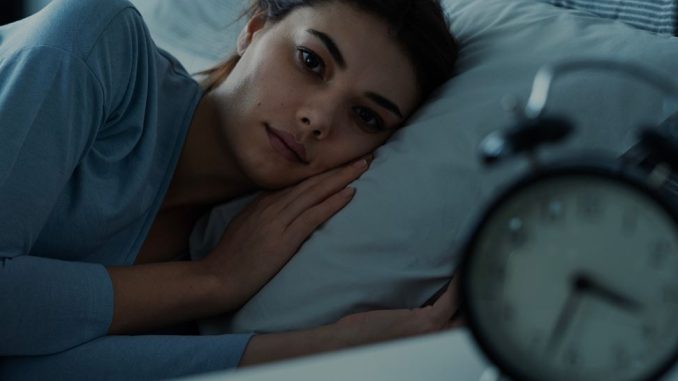
Getting a good night’s sleep is essential for overall health and well-being. However, many people struggle with insomnia or restless nights, and vitamin deficiencies could be a contributing factor. In this article, we will explore five essential vitamins that you may be lacking, which could be disrupting your sleep patterns.
1. Vitamin D:
Vitamin D, often referred to as the “sunshine vitamin,” plays a crucial role in regulating sleep patterns. It helps the body produce serotonin, a neurotransmitter that contributes to a feeling of well-being and happiness. Serotonin is also a precursor to melatonin, a hormone that regulates the sleep-wake cycle.
Signs of Vitamin D Deficiency:
- Difficulty falling asleep
- Restless sleep
- Frequent awakenings during the night
- Daytime fatigue
Sources of Vitamin D:
- Sunlight exposure (15-20 minutes of sun exposure per day)
- Fatty fish (salmon, mackerel, tuna)
- Fortified dairy products
- Eggs
- Supplements (under the guidance of a healthcare professional)
2. Vitamin B6:
Vitamin B6, also known as pyridoxine, is essential for the production of serotonin and melatonin. It helps regulate mood and promote restful sleep.
Signs of Vitamin B6 Deficiency:
- Difficulty falling asleep
- Frequent nightmares
- Restless legs syndrome
- Insomnia
Sources of Vitamin B6:
- Chickpeas
- Sunflower seeds
- Bananas
- Fortified cereals
- Poultry (chicken, turkey)
3. Magnesium:
Magnesium is a mineral that plays a role in muscle relaxation and the regulation of neurotransmitters. It can help improve sleep quality and reduce the symptoms of insomnia.
Signs of Magnesium Deficiency:
- Difficulty falling asleep
- Waking up frequently during the night
- Muscle cramps or twitching
- Restless legs syndrome
Sources of Magnesium:
- Leafy greens (spinach, kale)
- Nuts (almonds, cashews)
- Whole grains (brown rice, quinoa)
- Legumes (beans, lentils)
- Magnesium supplements (consult a healthcare professional)
4. Vitamin C:
Vitamin C is known for its immune-boosting properties, but it can also impact sleep. It helps regulate the production of cortisol, a hormone that can interfere with sleep when levels are elevated.
Signs of Vitamin C Deficiency:
- Difficulty falling asleep
- Light or disrupted sleep
- Increased stress and anxiety
Sources of Vitamin C:
- Citrus fruits (oranges, grapefruits)
- Berries (strawberries, blueberries)
- Kiwi
- Bell peppers
- Supplements (under the guidance of a healthcare professional)
5. Vitamin E:
Vitamin E is an antioxidant that can help reduce oxidative stress in the body. High levels of oxidative stress have been linked to sleep disturbances and insomnia.
Signs of Vitamin E Deficiency:
- Restless sleep
- Frequent awakenings during the night
- Daytime fatigue
Sources of Vitamin E:
- Nuts and seeds (almonds, sunflower seeds)
- Vegetable oils (sunflower oil, safflower oil)
- Spinach
- Supplements (consult a healthcare professional)
Conclusion:
If you’re experiencing sleep disturbances or insomnia, it’s essential to consider the role of vitamins in your diet. A deficiency in these vital nutrients can disrupt your sleep patterns and impact your overall well-being. While adjusting your diet to include these vitamins can be beneficial, it’s essential to consult with a healthcare professional if you suspect a deficiency or if sleep problems persist. They can provide guidance on appropriate supplements and lifestyle changes to help improve your sleep quality and ensure you get the rest you need for optimal health.
Share this:
- Click to share on Facebook (Opens in new window)
- Click to share on Twitter (Opens in new window)
- Click to share on WhatsApp (Opens in new window)
- Click to share on Reddit (Opens in new window)
- Click to share on Telegram (Opens in new window)
- Click to share on Pinterest (Opens in new window)
- Click to share on LinkedIn (Opens in new window)